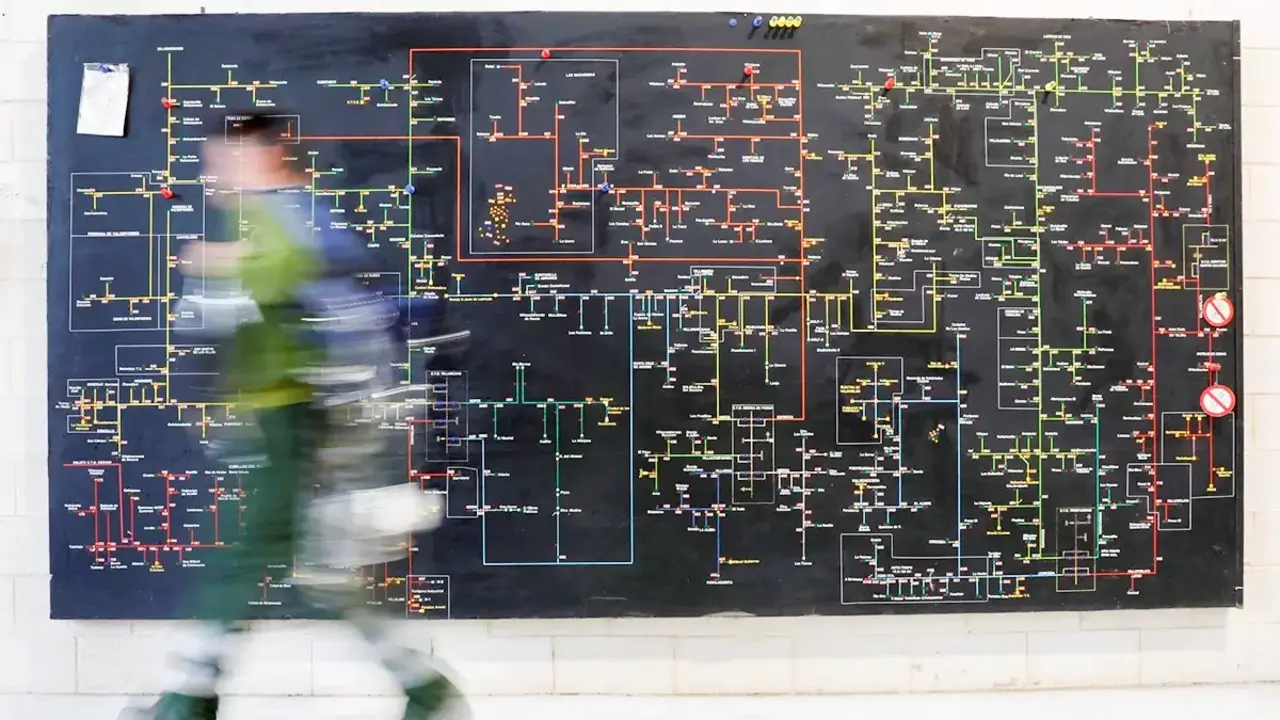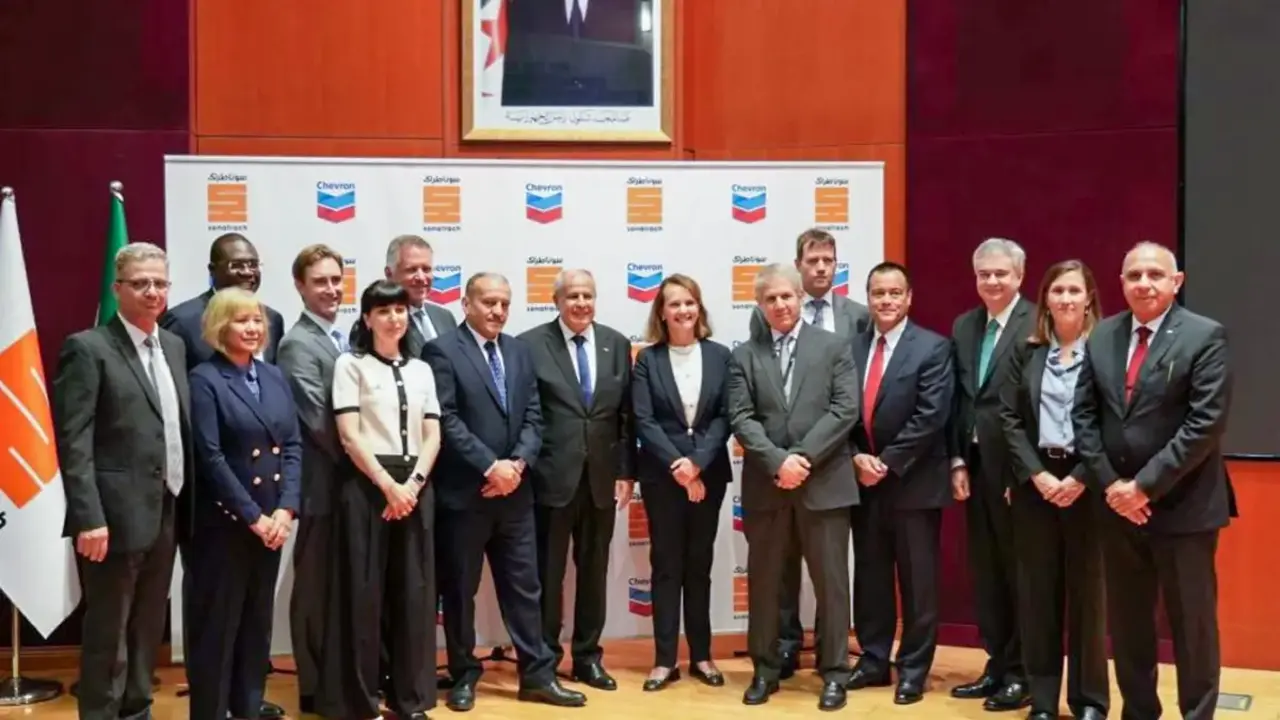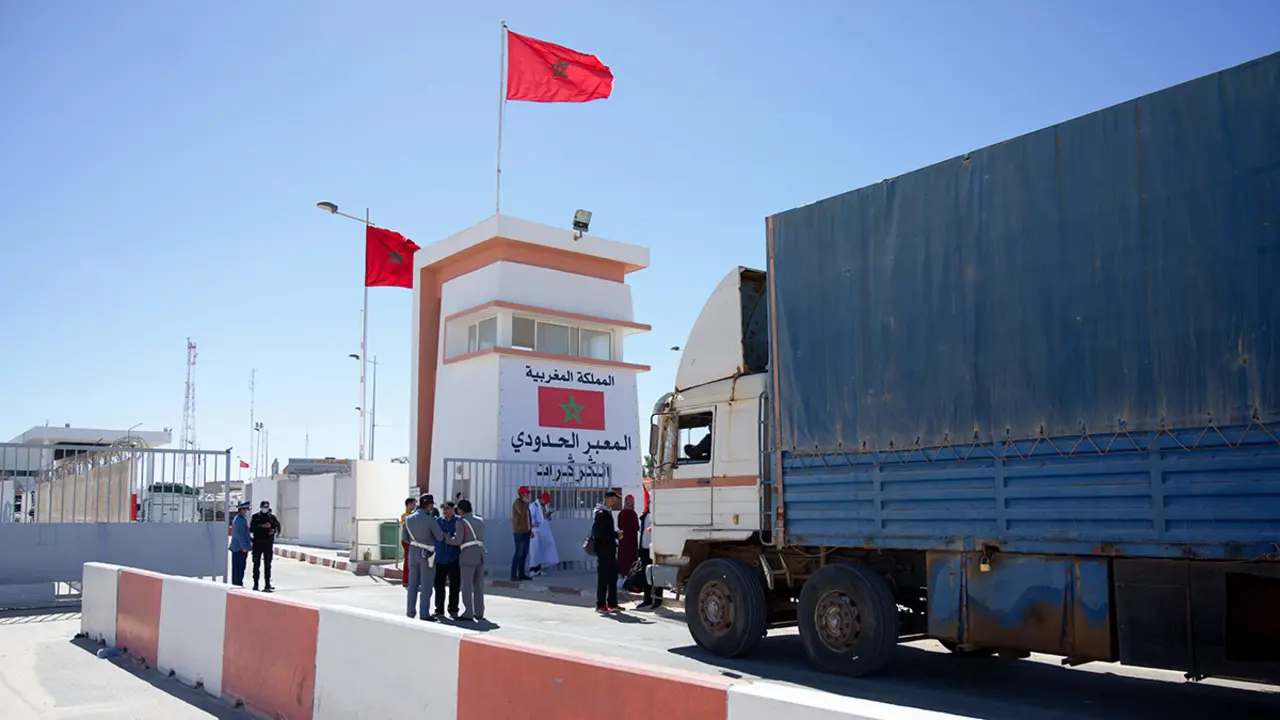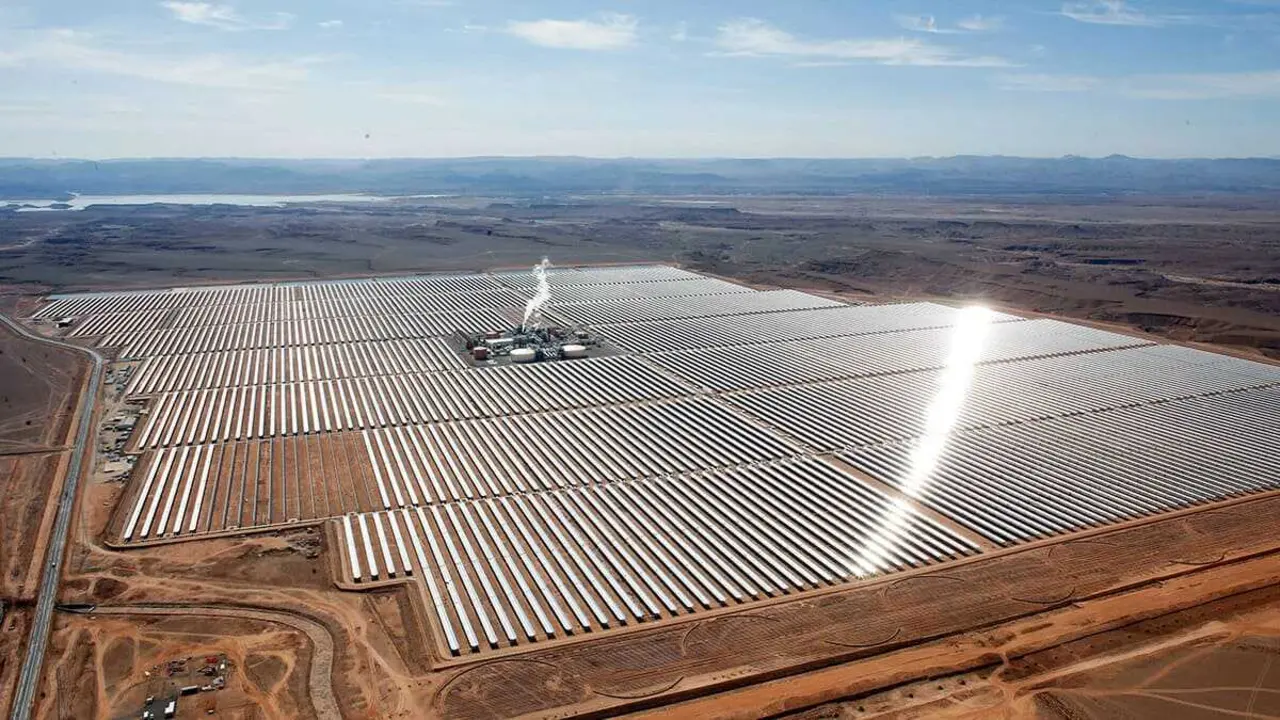Marruecos y España fortalecen su compromiso por el gas
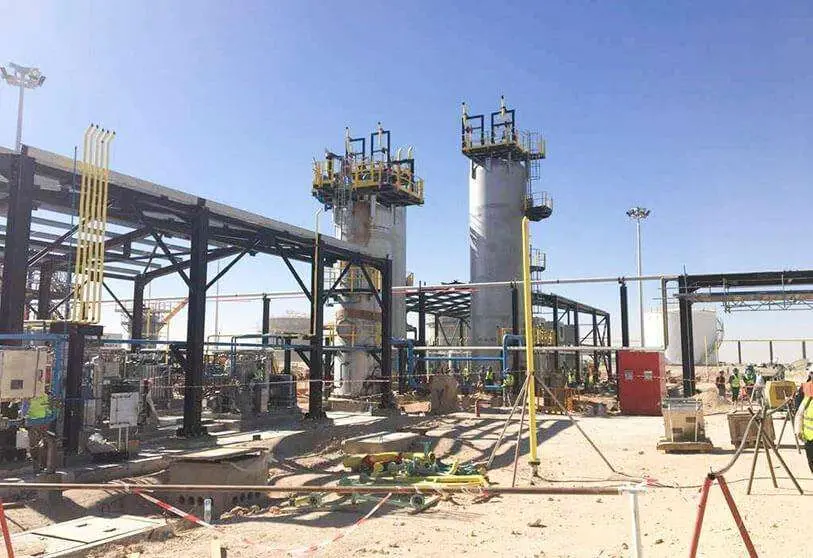
The date is approaching for the dispatch of the agreement between Morocco and Algeria by which Algeria supplies gas through the Maghreb-Europe gas pipeline, a facility that runs through Morocco and reaches Tarifa.
With a capacity of one billion cubic metres, the pipeline runs through Algeria, Morocco and part of the Mediterranean until it reaches the peninsula.
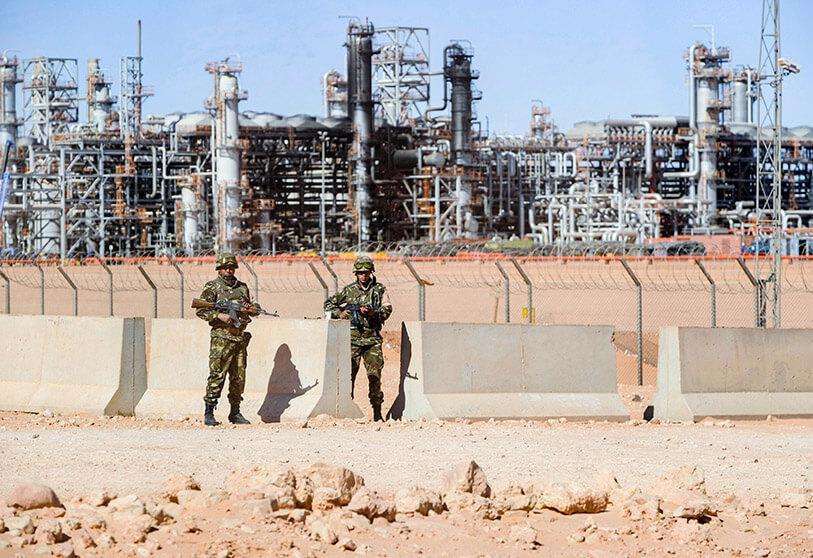
The rupture of diplomatic relations always involves some loss and, in this case, shortly after Algiers announced the unilateral rupture with Morocco, the Algerian Energy Minister, Mohamed Arkab, hinted that the agreement would not be renewed, which means that the contracts for the supply that passes through the pipeline, signed by Naturgy, will end on 31 October. At the same time, the Spanish company has had a 25-year contract with Morocco under which it undertakes to maintain and operate on Moroccan soil through the Megatraz pipeline, an agreement that also ends on the same date.
If Algeria decides to close the tap definitively, three countries will be the clear victims of this disagreement: Spain, Portugal and, to a greater extent, Morocco. Although Algeria has tried to reach out to Spain after assuring it that it will try to compensate for the volume of gas it might lose, there are still no long-term alternatives offered by Algeria on the horizon.
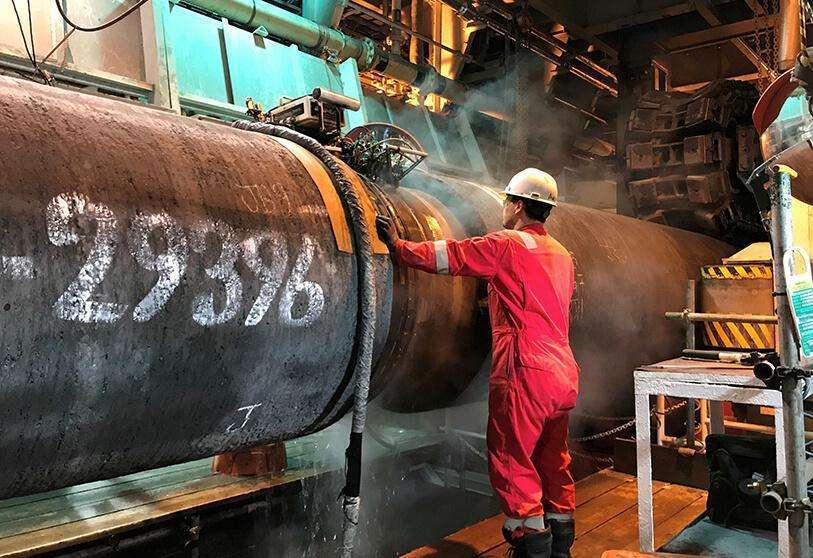
What has been assured from Algiers is the supply of the necessary gas to Spain to get it through the winter comfortably. This supply will come from the Megdaz, the undersea pipeline linking Algeria to Spain, which is now presented as Morocco's main alternative.
This situation creates several plausible scenarios, without having yet decided on the future of the GME. In order to prevent a gas shortage, Morocco has approached Spain to try to reverse the flow. This action would be carried out with the aim of using the liquefied gas terminals to try to channel supply through the same pipeline. The first technical meeting on the issue took place five days ago and a second one is expected to take place during the course of this week.

In view of this situation, last month the Minister of Foreign Affairs, José Manuel Albares, travelled to Algeria to try to secure the gas supply to Spain, without having achieved reconciliation. Morocco's position remains intact, as stated in a MAP communiqué, which affirms "Morocco's desire to maintain this export route".
However, this decision does not depend solely on Morocco, and in the event of non-renewal, Morocco will try to reverse the flow in order to be able to import gas, without necessarily importing it from Algeria. It is in this situation that Spain comes into the picture as a key player in this game of interests.
Morocco's objective is to continue importing gas, which could now be from Spanish ports, to be routed through the same pipeline to the Ain Beni Mathar and Tahhadart power stations. These power stations, which until now have been supplied with gas from Algeria, contribute 17% of the kingdom's electricity production.
These new negotiations, moreover, come less than a month before the 25th anniversary of the Maghreb-Europe gas pipeline coming into operation, a project that has sought to diversify gas supplies from both Spain and other European countries by connecting the Hassi R' Mel fields with the network that Europe maintains with Morocco.
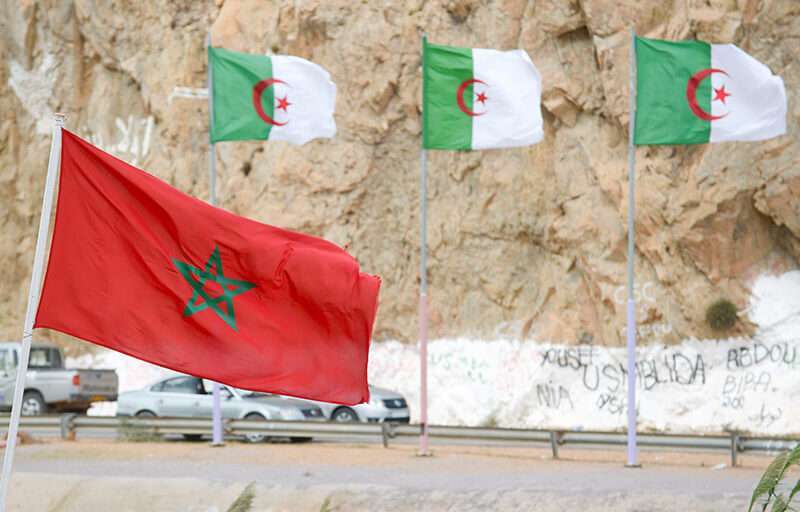
These new negotiations, moreover, come less than a month before the 25th anniversary of the Maghreb-Europe gas pipeline coming into operation, a project that has sought to diversify gas supplies from both Spain and other European countries by connecting the Hassi R' Mel fields with the network that Europe maintains with Morocco.

